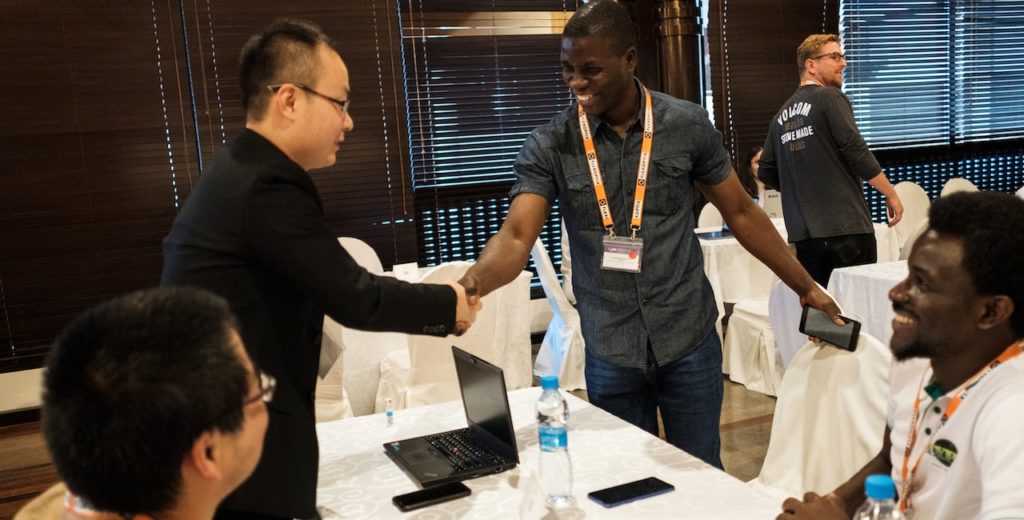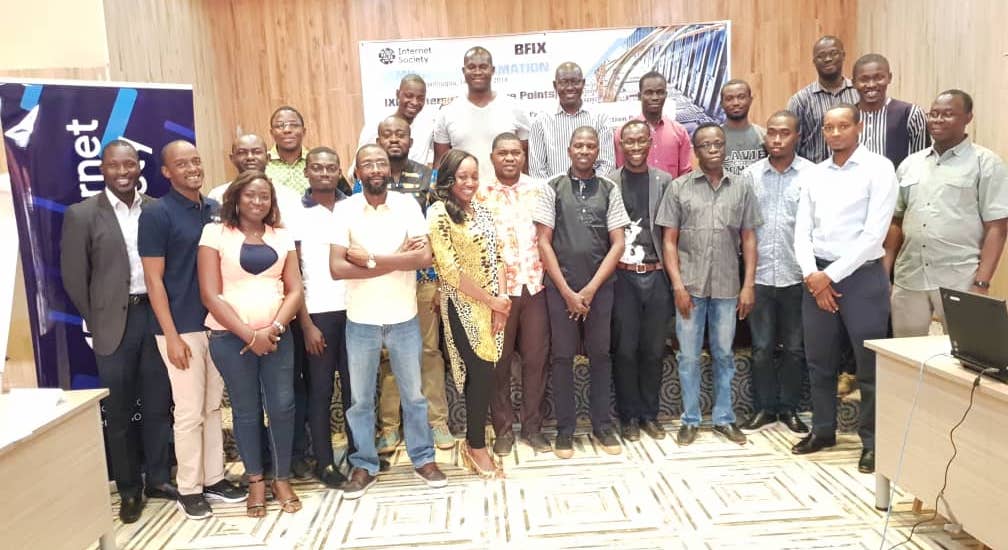Author Archives: Ghislain Nkeramugaba
Author Archives: Ghislain Nkeramugaba

The country can become a continental digital leader with strengthened Internet Exchange Points (IXPs).
In January this year, Internet users in Kenya reached 22.86 million, a 16% jump from 2019. A leap that was made with no major impact on network quality and speed, and no increase in connectivity costs. Between 2012 and now, the percentage of mobile broadband subscribers increased 100-fold to cover nearly 42% of the country’s population, while the price of data decreased by 50%. This would have been unimaginable a decade ago when around 70% of the country’s traffic went through Europe.
A recent Internet Society report shows IXPs played an important role in this success. The report shines a light on how the combination of peering and Internet infrastructure development improved connectivity in Kenya. It discusses how Kenya was able to localize Internet traffic – from 30% in 2012 to 70% in 2019 – by growing its IXP membership, through attracting local, regional, and international networks, including popular Content Delivery Networks (CDNs). This allowed the local networks to efficiently exchange regional and international traffic without incurring major additional costs.
The report reveals how informed stakeholders and the local technical community in Kenya Continue reading

The first-ever Central African Peering Forum comes at a defining moment for Internet peering and interconnection. In the midst of the COVID-19 pandemic, countries have implemented measures to restrict people from moving from their homes, while only allowing essential movements and services.
But life cannot stop.
Kids still need to study and attend school. People still need to access financial services, conduct personal and business transactions, access government services, pay their taxes, and access health services. Most importantly, people need to access accurate and timely information. But now these services must be provided at a larger scale – via reliable Internet infrastructure. Moreover, some of this content and these services do not exist in digital format. They need to be created, sometimes in the language of local communities.
COVID-19 has uncovered gaps, missing elements, and key challenges, which need to be addressed so that life can smoothly transition to the new normal. Failing to address these challenges may result in severe socioeconomic consequences.
We are now a few months down the path since lockdown measures have been implemented in most countries. It is time to reflect on the lessons learnt so far, with respect to the reliability of the Internet Continue reading

BFIX, the Burkina Faso Internet exchange point, was established as an association in Burkina on February 19, 2015 by Internet Service Providers (ISP), mobile telecommunication operators, and some public institutions such as the University of Ouagadougou and the government agency in charge of promoting information and communication technologies (“Agence de Promotion des Technologies de l’Information et de la Communication – ANPTIC”).
BFIX started exchanging the first bits of data among peers on June 26, 2015, during the 11th edition of the national “Internet Week.” BFIX’s service was officially launched on July 10, 2018 as part of the West Africa Regional Communication Infrastructure Project (WARCIP) – Burkina, among other projects.
Despite the launch and the operationalization of BFIX, a number of challenges remained, mainly attributed to the implementation of IXP best practices. In particular the network design was not optimal. Moving forward, the local community, through the voice of its executive director, Millogo Jean Baptiste, reached out to the Internet Society Africa Regional Bureau for technical assistance. A training session was planned and carried out between the 14th and 18th of January 2019 in Ouagadougou under the Internet Society and Facebook IXP Partnership project.
The one-week training had two Continue reading